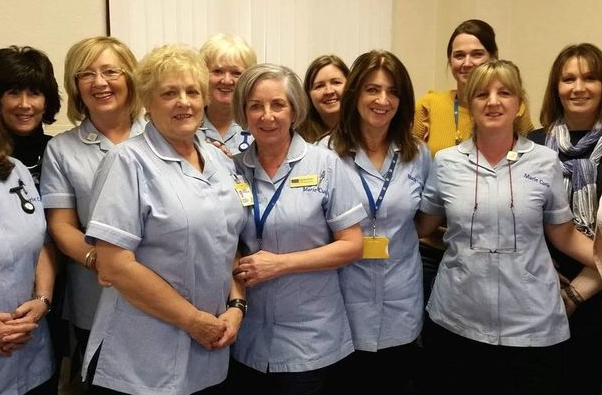Kelly28 4 years ago
1 reply
My mother in law who is also my best friend as been asked if she wants to know her life expectancy she’s also been asked if she would like to discuss end of life along with other decisions connected with this, her answer is a definite NO. She is in absolute denial & im not sure where to go from here, although I know from reading up not to push her I don’t want these decisions to be taken out of her hands when the time comes. I’ve been to the appointments with her so know exactly what’s been said but her denial makes even me question myself. I don’t know what to do??







